
Incipio buys Griffin
In the technology market, there are many types of manufacturers. Two such examples are those that make devices and those that make accessories for those devices. This works quite well, you see, as not only do consumers love gadgets, but they love customizing them with cases and other things too.
Speaking of accessory makers, Griffin is well known for its quality offerings. Apple users in particular have long been buying that company's products, but it makes accessories for non-Apple devices too. Today, popular case-maker, Incipio (which also owns Incase and Braven), announces that it has acquired Griffin for an undisclosed amount of money. Is this good or bad?

Apple's water gun vs. Microsoft's realistic pistol -- which emoji is right? Vote now!
Regardless of your stance on guns, I think everyone can agree that firearms deserve to be treated with respect. Even staunch 2nd amendment proponents will tell you that the weapons are not toys. Proper training and understanding of their potential danger are key for safety.
Understandably, however, some parents don't want their children -- or themselves -- to have guns in their lives at all. Thanks to emoji, guns are sort of unavoidable nowadays. While parents can refuse to buy toy guns for their children, pistol symbols in communications are now a thing. Well, except on iOS 10 beta, that is. Apple has chosen to go against the tech world and Unicode consortium by using a water gun to represent the pistol emoji. Are Tim Cook and company right or wrong in this decision?
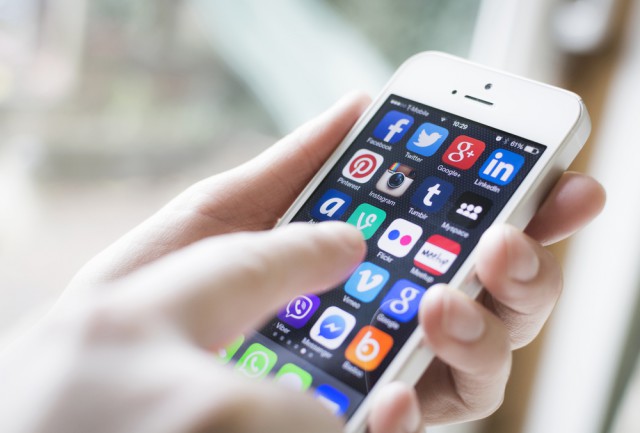
Apple sees disappointing iPhone sales in India
India is the third-largest smartphone market worldwide, after China and the United States. In the second quarter of the year, vendors shipped just over 30 million devices, the vast majority of which run Android. That is no different than what is happening in the other leading markets, China and United States, except for one thing: iPhone sales.
Apple is a major player in both China and United States, where its market share is well into double digits. However, in India, the iPhone is not as appealing to local shoppers, as only 2.4 percent of the smartphones shipped in Q2 2016 feature Apple's logo on the back.

More than 60 percent of Windows users would switch to Mac for more privacy
Concerns over Windows 10 and the amount of data it collects via the Windows Store could prompt users to switch to Mac according to a new survey.
The study conducted by OnePoll on behalf of security and privacy advice and comparison website Comparitech.com finds that 61 percent of the US public who regularly use Windows would at least consider switching to Mac.
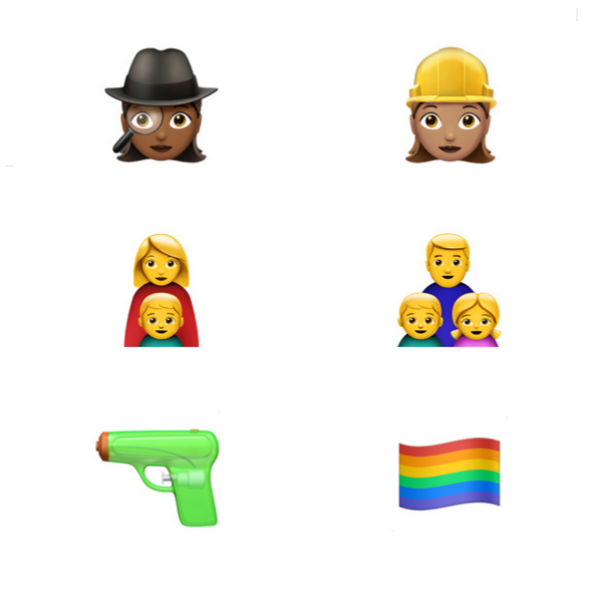
Apple focuses on gender diversity, family, and gun violence with new iOS 10 emoji
If you hate emoji, I am sorry to tell you that they do not seem to be a fad. In other words, the little pictures are here to stay. Just accept it, y'all -- emoji are fun!
Today, Apple announces that over 100 emoji are being added to the upcoming iOS 10 operating system. The company is putting a lot of thought and care in these new characters, you see, as it is focusing on diversity in both families and gender, plus the latest epidemic of gun violence.
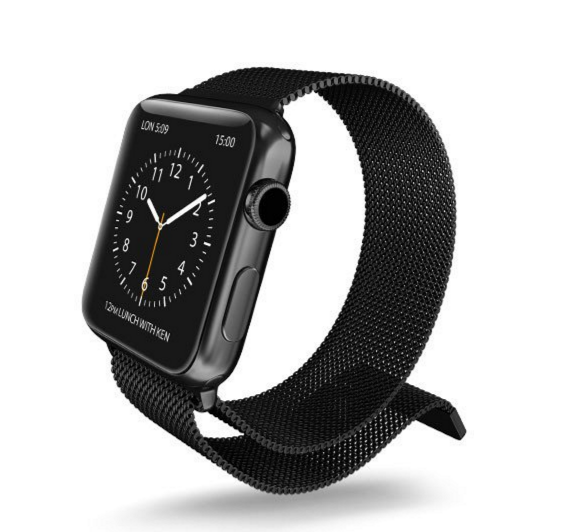
X-Doria's stainless steel 'Mesh Band' for Apple Watch is beautiful -- and only $49.99
The Apple Watch is seen by some as a misstep for Apple, but in reality, it outsells Android Wear smartwatches by a lot. Quite frankly, in my travels, I see far more of Apple's smartwatch than ones based on Google's operating system.
While the Apple Watch is very stylish, many of the bands can be very expensive. Luckily, there are many lower-priced third-party bands on sites like Amazon. Unfortunately, many of the aforementioned bands are of low quality, harming the premium Apple Watch experience. Today, X-Doria looks to change this. It releases a new stainless steel 'Mesh Band' that offers high quality for less than $50.
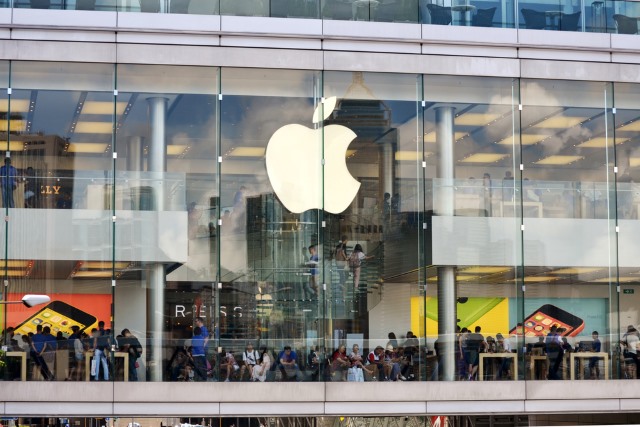
Apple revenue and iPhone sales are down
Apple today announced its financial report for Q3 FY2016 (Q2 CY2016), revealing a drop in revenue and falling iPhone sales compared to both the previous quarter and this time last year.
Apple posted quarterly revenue of $42.4 billion and a net income of $7.8 billion, with the bulk (nearly $18 billion) coming from the Americas. This revenue is compared to $50.5 billion in Q2 FY2016 and $49.6 billion in Q3 FY2015, drops of 16 percent and 15 percent respectively.

Apple buys 'Carpool Karaoke'
When I bought my first-ever iPhone in September 2015, I was a die-hard Spotify user. Since I was starting fresh by abandoning Android, I decided to give Apple Music a try instead. I loved it. The sound quality is superb, and the human-curated playlists are second to none. While it is not perfect, it is very satisfying and getting better.
Today, Apple makes a seemingly curious purchase to bolster the aforementioned streaming music service -- a TV series. While that may sound odd, it actually makes sense as it is music related. You see, it is based on the wildly popular "Carpool Karaoke" segment from CBS' "The Late Late Show".

Apple TV gets Adobe Lightroom, but there is one big catch
One of my favorite recent tech purchases is the 4th generation Apple TV. Not only is it a great way to stream movies and listen to Apple Music, but it makes a wonderful game console too. Not to mention, the ability to mirror my iPhone to my TV is totally killer.
Today, the 4th generation Apple TV gets a very unlikely app -- Adobe Lightroom. Before you get excited about editing photos on your television with the Apple TV remote, you should know that there is one huge catch.

Total iPhone sales will exceed one billion mark
Just days after it was reported that Facebook has a billion people using Messenger, a similar thing will happen with Apple.
The company has either already, or will very soon, sell its one billionth iPhone. In the last reported quarter (Q1 2016), it was unveiled that the company had sold a total of 987 million iPhones in the seven years since its inception. Some 40 million had been sold in the quarter alone, and according to Financial Times, analysts expect at least another 40m quarter ahead.

Apple patches Stagefright-like vulnerability on iOS, OS X
An equivalent to Android’s Stagefright vulnerability has recently been spotted on iOS and OS X devices. It has since been patched, and security experts from Sophos are urging all Apple users to patch up as fast as they can to protect themselves from the serious flaw.
For those who are unfamiliar with it, Stagefright (in its multiple version) allowed a hacker to take over a victim’s Android smartphone by sending a message with an image or a video file. Long story short, it had something to do with the way Android managed images, and pretty much every Android version you can think of was vulnerable (many of them may still be).
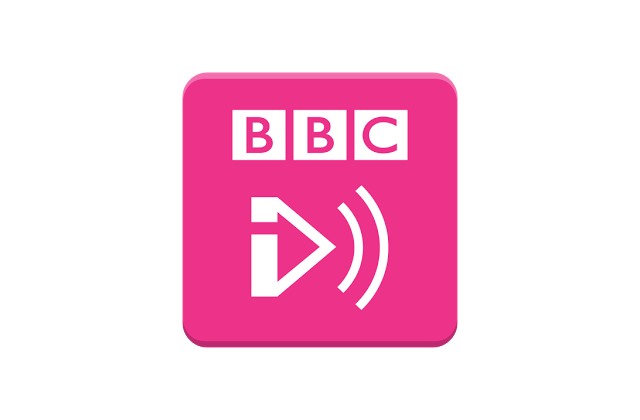
BBC iPlayer Radio app launches in the US for iOS and Android
The BBC pumps out a great deal of fabulous content, but there's one problem -- an awful lot of it can only be accessed in the UK. With the launch of the iPlayer Radio app for iOS and Android, this changes.
As well as giving listeners the chance to tune in to live radio broadcasts, the app also provides access to podcasts, and boasts a catch-up feature for shows you may have missed. The iPlayer Radio app is available free of charge, and has already received rave reviews in the Google and Apple stores.

BBC+ is a new iOS and Android app that delivers personalized BBC content
Over the years, the BBC has created a huge number of apps and websites to showcase the various services it offers. If you're interested in a range of BBC content, you've probably found that you have to jump from app to app and website to website. BBC+ aims to change all that.
BBC+ is a new app from the corporation that’s available for iOS and Android. This is one of the first apps built using the newly-developed Mobile Application Framework (MAF) and it gives BBC fans the opportunity to create a personalized collection of the content most relevant and interesting to them -- news, weather, TV and more.
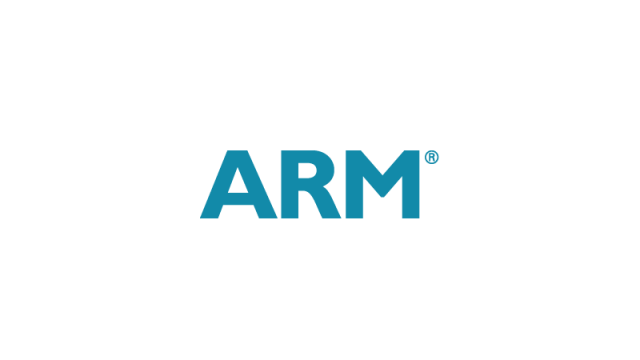
In the wake of UK Brexit vote, ARM Holdings is to be bought by Softbank for $32 billion
The technology industry in the UK was rocked by the historic Brexit vote in the referendum about membership of the EU just a few weeks ago. Concerns were voiced that tech companies would scramble to leave the UK, and with Japan's Softbank Group due to buy UK chip-maker ARM Holdings for $32 billion (£24 billion), this could just be the start of things.
ARM chips are found in mobile devices produced by Apple and Samsung, and more recently it has branched out into the Internet of Things. But while some will be unhappy with the change of ownership, Softbank says that it will not only remain headquartered in Cambridge, UK, but will look to at least double its UK workforce.
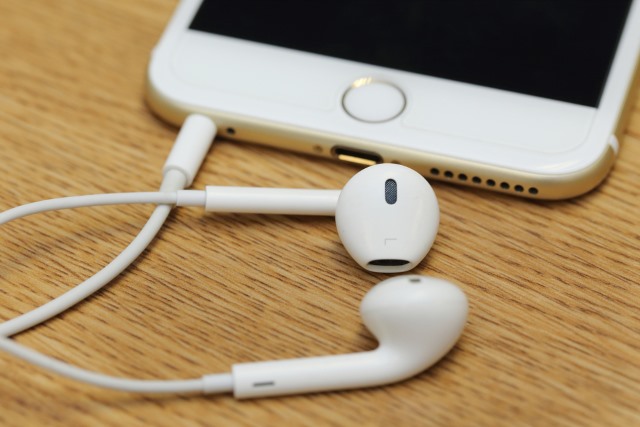
Apple wants to simplify music royalty pay outs and this could harm Spotify
Many artists loathe music streaming services that have proved so popular with music fans. While they offer a platform to showcase music, the returns can be low and the way in which payments are calculated is endlessly complex.
Apple has put forward a proposal to simplify the royalty payment system which would not only see artists getting more money, but would make life more difficult for the likes of Spotify. Keep artists happy, harm the competition -- two birds with one stone. A government filing in conjunction with the Copyright Royalty Board suggests a royalty rate of $0.091 per one hundred streams.
